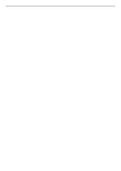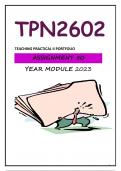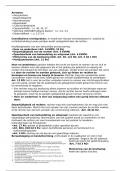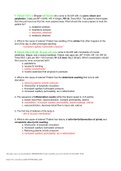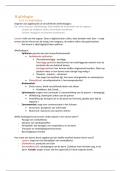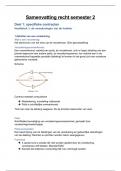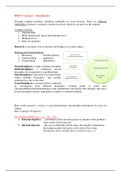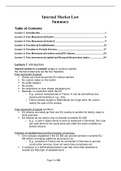College aantekeningen
oral test english texts
- Instelling
- Universiteit Antwerpen (UA)
Dit document bevat alle teksten voor het mondeling examen van Engels. Bevat: alle moeilijke woorden verduidelijkt (definitie), samenvatting van de tekst en voorbeeld vragen die tijdens vorige examens gesteld werden.
[Meer zien]
